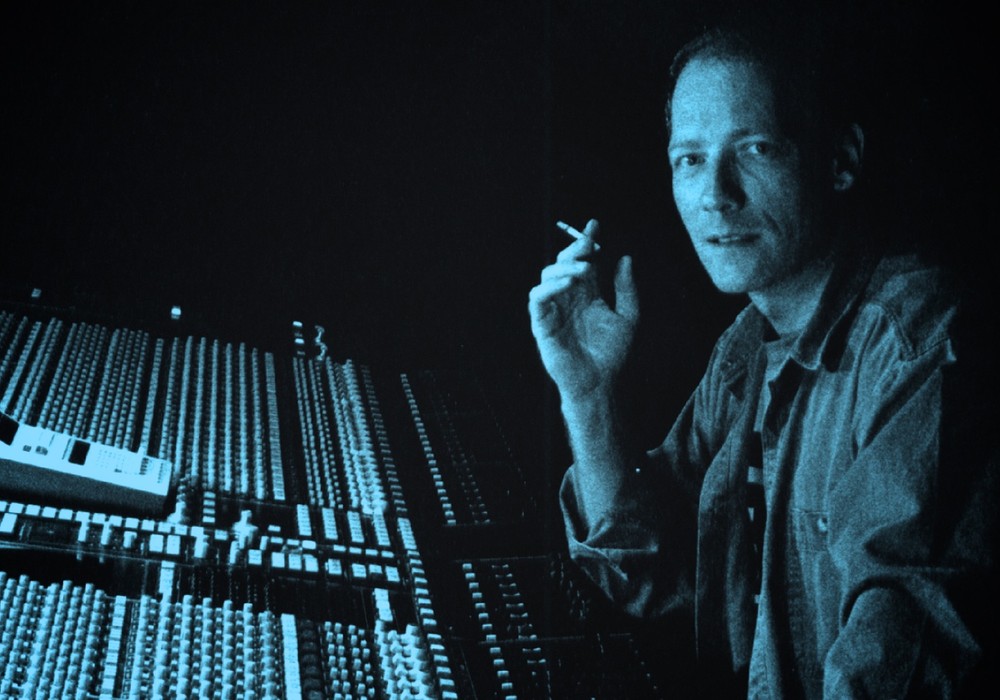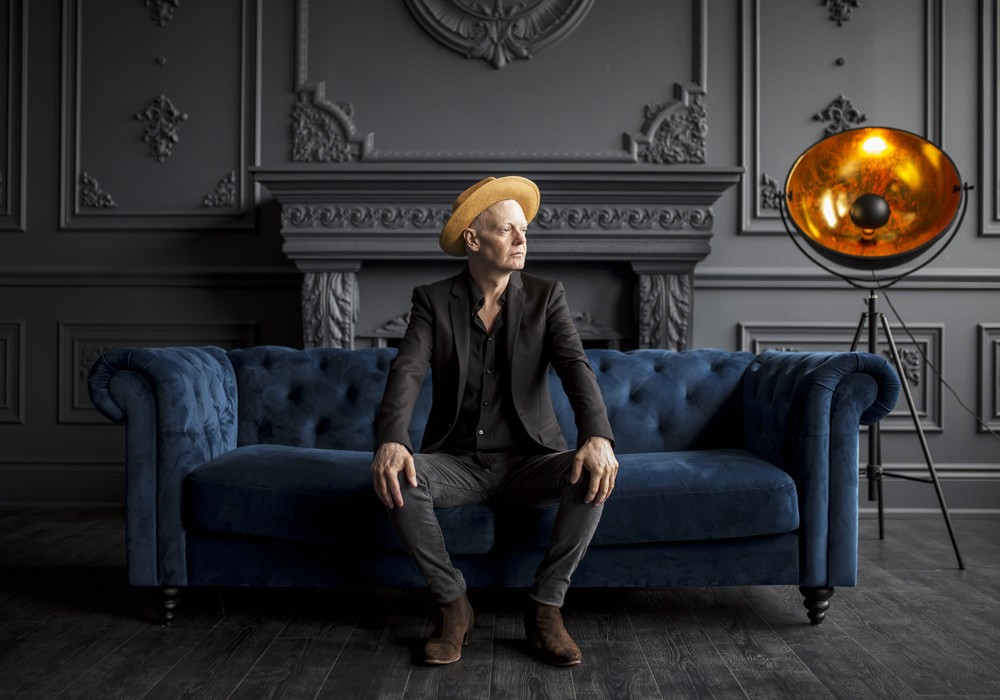Nestled in the foothills of the Appalachian Mountains resides a gem of a town known as Athens, Ohio. Home to Ohio University, it is also the home of numerous historical treasures, a burgeoning creative community of great musicians and artists and a truly eclectic collection of residents who choose to move here because of the quaintness and seclusion of its locale. Over five years ago, one such resident transplanted himself from the music culture of L.A. in order to begin a journey of educating and developing a new generation of music producers as a professor at Ohio University's School of Media Arts and Sciences. His name is Eddie Ashworth and his story has largely remained unknown in this town, yet he is a man whose influence on modern music can be felt through his over 20-year journey in the industry. From hair metal to the genre-bending Sublime, Eddie has been a part of some of the most definitive albums of the L.A. music scene in the '80s and '90s and he continues to work with some of the top indie bands of today, including recent debuts by The Peekers and Meow Meow.
Eddie, so how did you get in the business of making records?
As a kid I was always tweaking around with consumer recording gear that my dad had around the house. I loved music, and because of that my parents got me my first electric guitar — a Sears Silvertone. Later I was an English major at UCLA and did music on the side with an acoustic act. All through that time I was an obsessive record collector. I had always been intrigued by the prospect of making records and thought about what it would be like to record music.
How did you get your first studio job?
[laughs] Well, this is pretty much the most unorthodox way to go about it. I ripped out a piece of paper from my spiral notebook and handwrote my resume with a blue ballpoint pen. At that point my biggest qualification was that I had collected nearly 3,000 records. I went to every studio around and ended up at Larrabee Sound in West Hollywood. I walked in and the first person I saw was Sherry Klein talking on the phone in the office, who at the time was the queen bee of the second engineers at the studio. Turns out that very day they were losing one of their young engineers, and I was immediately ushered in to go meet the studio owner.
What did you say?
From there I went to meet the chief engineer, Bob Stone. He asked me if I'd been to recording school. I didn't know what to say. When I told him, "No," he just looked at me and said, "Good."
What were some of your favorite projects from that era?
The one that was really special was when John Stewart, formerly of the Kingston Trio came in. I loved all of his records from California Bloodlines on, and he was one of my first childhood heroes that I actually got to work with. It was also one of the first records where I had a role in the creative process. It was for the Bombs Away Dream Babies record, his one big chart success as a solo artist [with the single "Gold"]. Stevie Nicks and Lindsey Buckingham came in to add some tracks. It was right on the heels of Rumours, so it was pretty surreal working with them.
What came after that?
Well, unfortunately this was all going on during the disco era and it took its toll on me. I didn't care much for disco or the 100-plus hour week, so I quit. I ended up living in New England a few years later. A friend with whom I had worked in a record store while I was an undergraduate contacted me. He knew I had studio experience and he asked if I wanted to work with him on a recording project he wanted to do.
How long off had it been?
About four years. We booked a place called Normandy Sound, south of Providence, Rhode Island — really cool studio with great gear and a small town, New England vibe. Suddenly it was like, "What did I quit doing this for?" I forgot how fun it was. From there I headed back to L.A. and tried to get gigs as an independent engineer. I spent about two years eking out a marginal existence. One of the studios that I poked my head into during that period was a place called Total Access in Redondo Beach. The studio owner, Wyn Davis, knew me because I was one of the first people to book time at Total Access with a gig I had then. One day I got a call from him and he wanted to meet with me. He told me that the studio was putting in a new console and asked if I could help oversee the installation. When I got down there I met a band called Great White. As I was helping with the console installation, I was asked if I would step in to help them work on their next record [Once Bitten...], which ended up being my first gold record. From there I went on to build an association with...
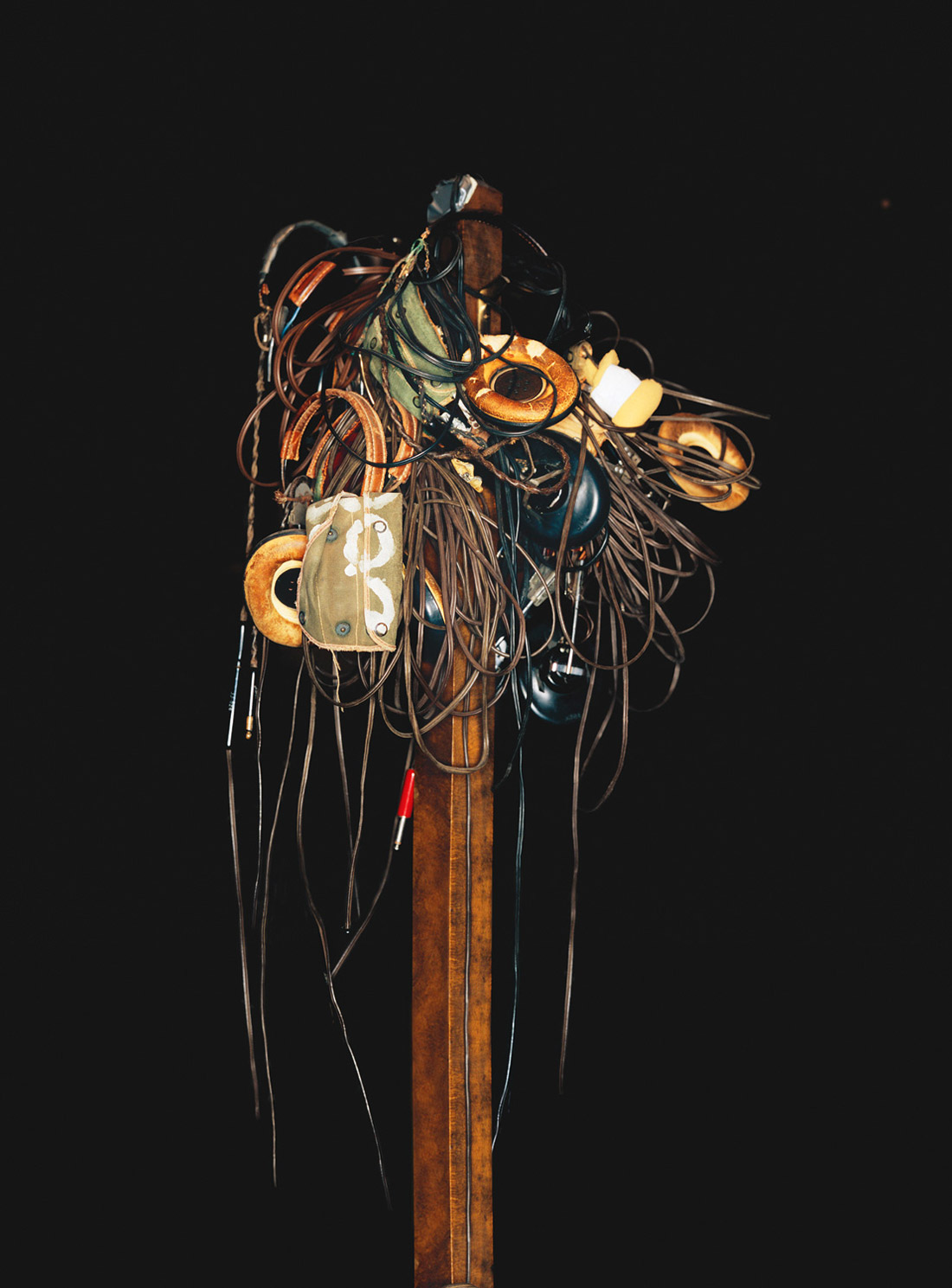

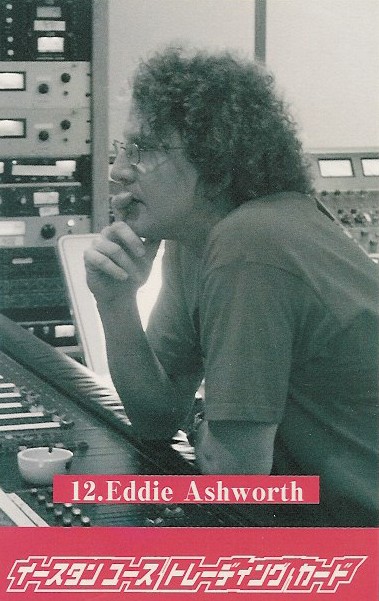
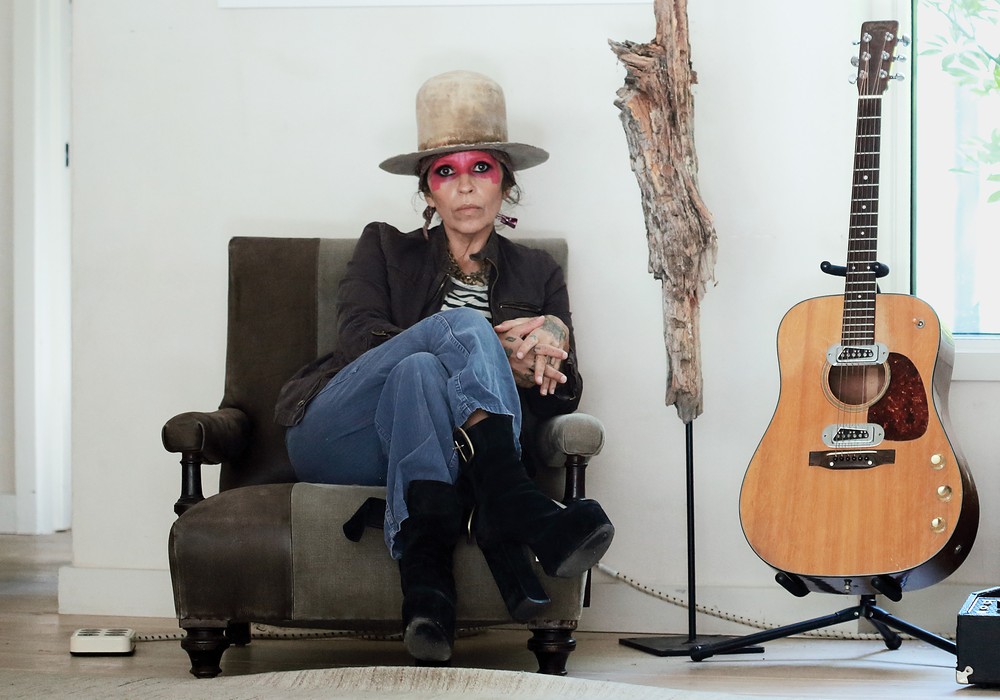
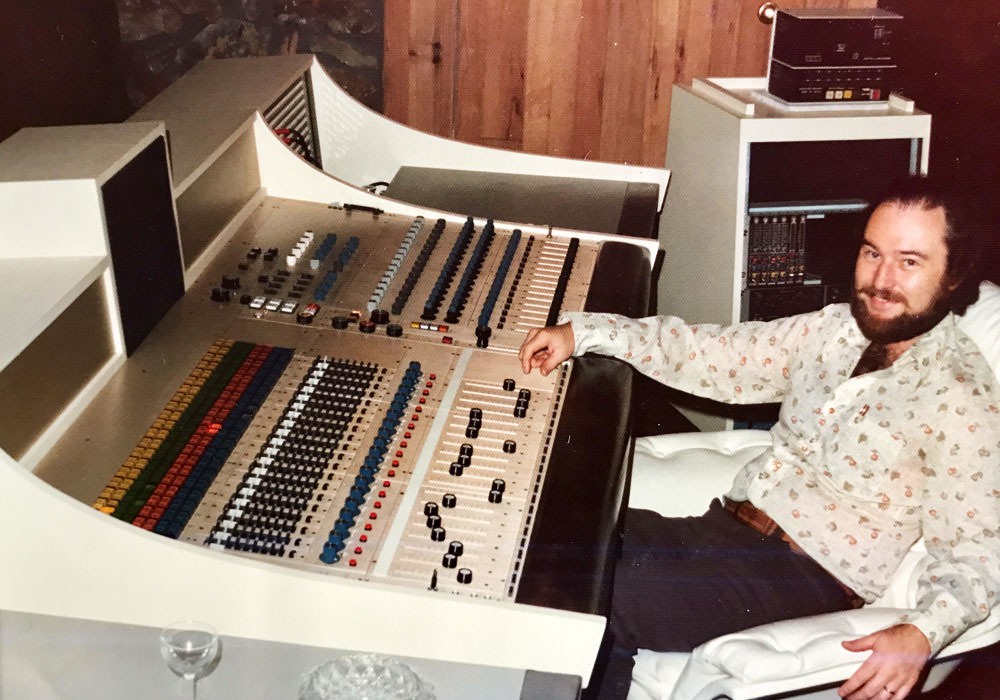
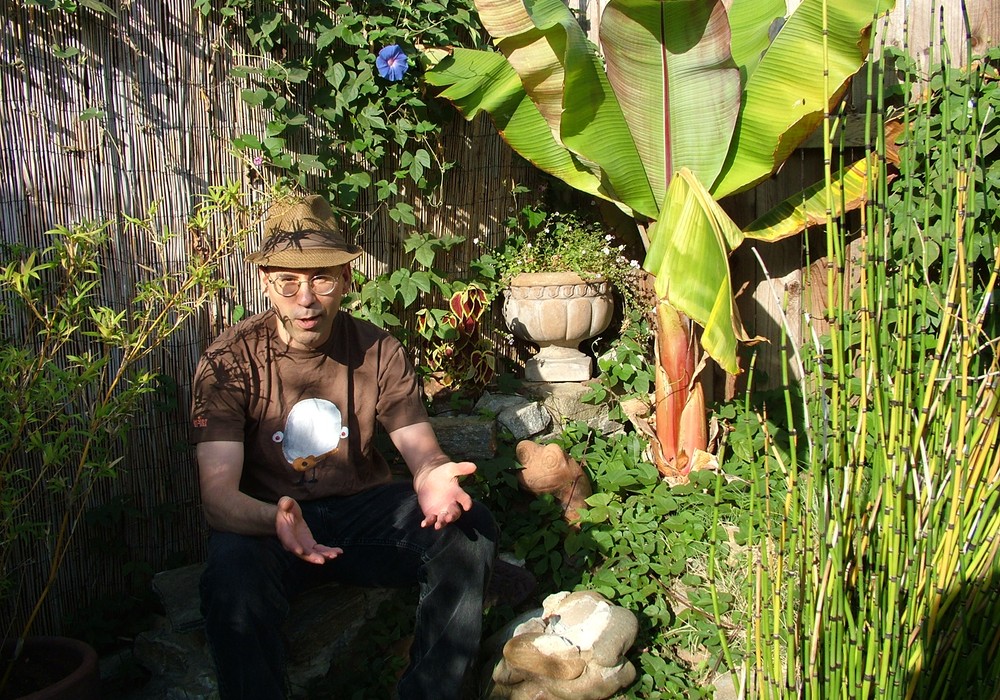
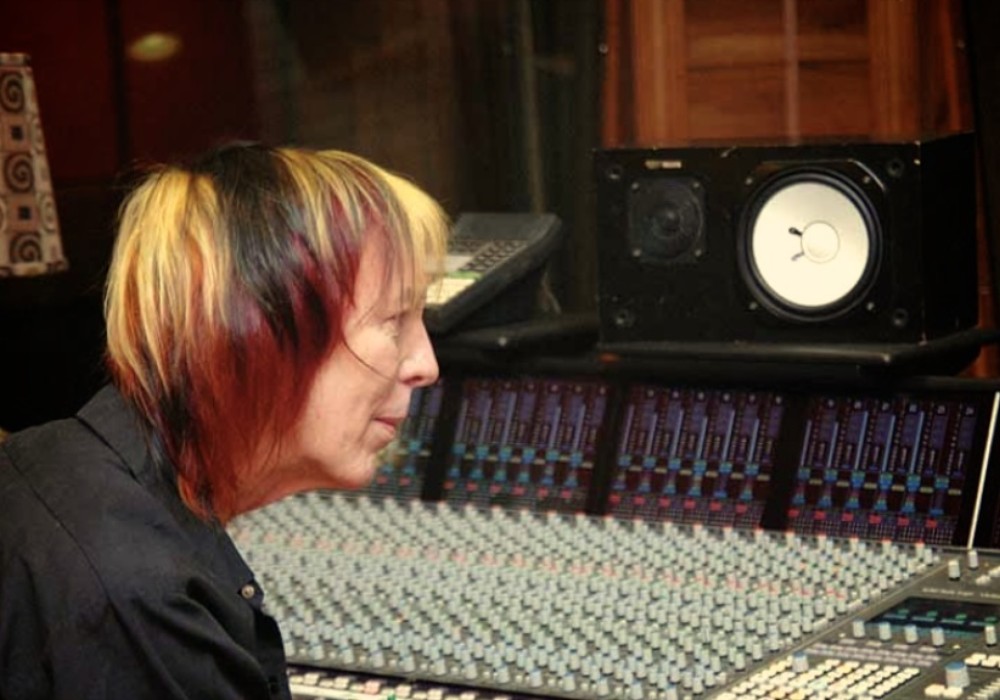
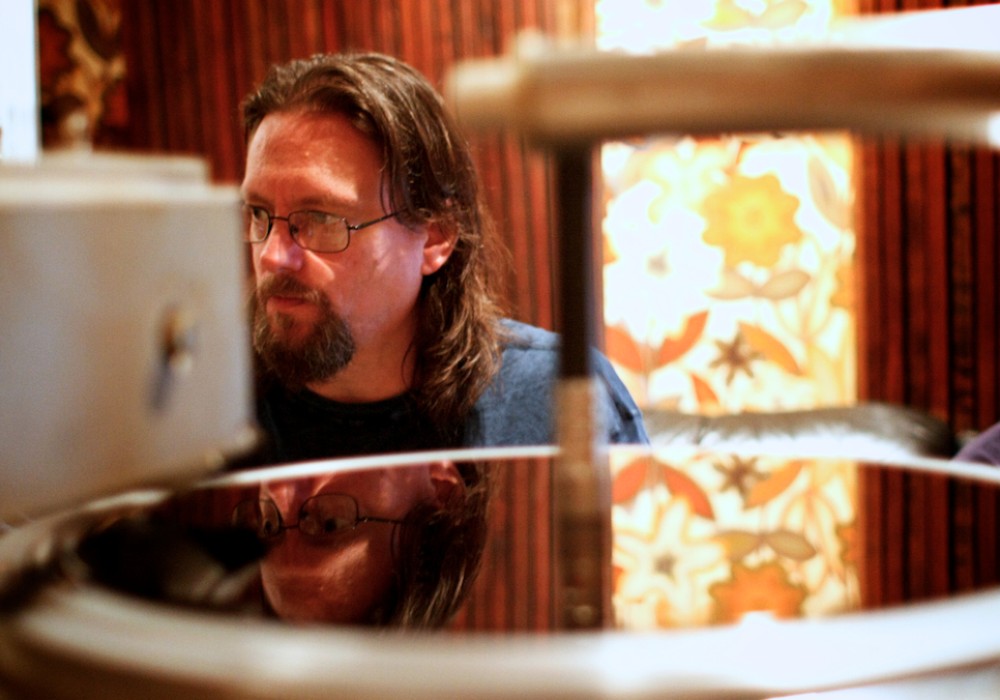
_display_horizontal.jpg)
